The traditional financial markets have seen growing interest in illiquid assets like real estate, commodities, and other tangible assets. With technological advancements and the rise of blockchain asset investments consultants and DeFi finance consulting services, investors are seeing the power of asset tokenization as a means of creating more accessible, tradable versions of illiquid assets.
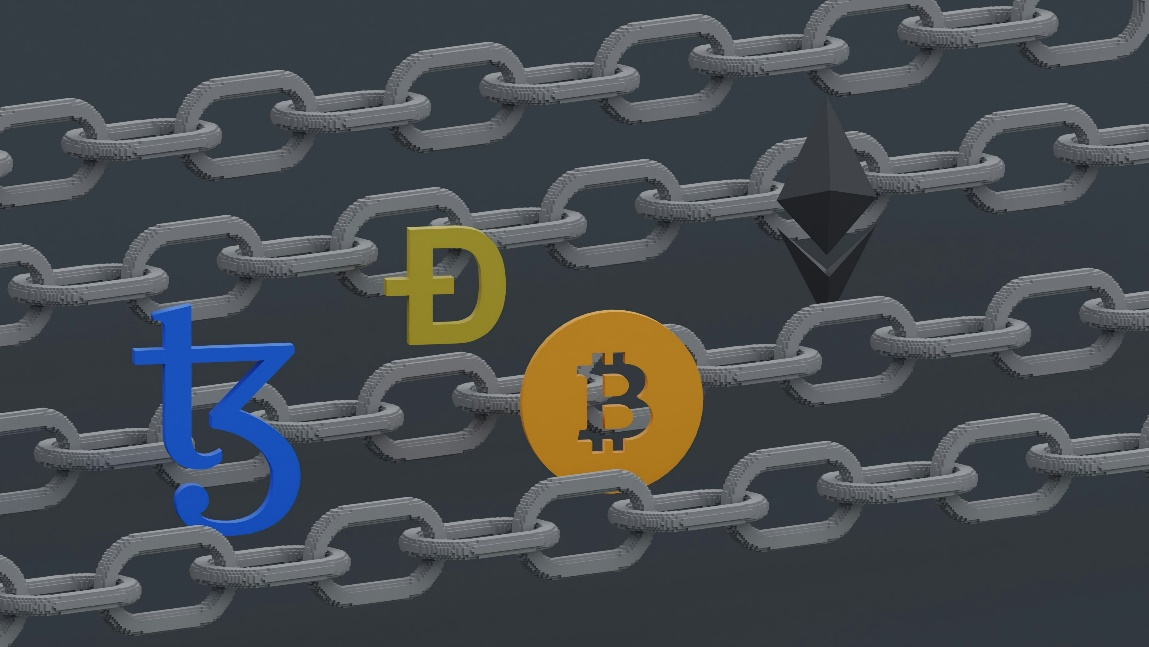
In the context of the digital asset economy, one of the most innovative developments has been the tokenization of real-world assets (RWAs)—especially commodities like gold, oil, and agricultural products. These tokenized assets are reshaping the strategies and portfolios of investors by enhancing liquidity and potentially reducing volatility risks in what were traditionally illiquid markets. As we explore how tokenized commodities are impacting digital asset portfolios, we will examine various strategies for managing liquidity risks, volatility, and asset allocation.
What Are Tokenized Commodities?
Tokenized commodities are digital representations of real-world assets (RWAs) that live on a blockchain. By breaking down a physical asset like gold or oil into fractional shares or tokens, it becomes easier for investors to buy, hold, and trade these commodities without the need to handle the physical asset itself. Investors can leverage digital asset management services to incorporate tokenized commodities into their portfolios as a hedge against market risks, adding stability to an otherwise volatile crypto asset management environment.
Benefits of Tokenizing Illiquid Commodities
Tokenizing illiquid commodities like gold, oil, and real estate offers unique advantages in digital finance. The process not only enhances accessibility but also transforms how these assets can be held, traded, and managed, creating new pathways for investors. Here’s a closer look at the benefits and implications:
1. Enhanced Liquidity
Illiquid commodities—assets not easily converted to cash without affecting their value—have traditionally posed challenges for investors. These assets often require significant capital, involve complex ownership structures, and are restricted by limited buyer bases, resulting in high transaction costs and slow-moving markets. Tokenization solves these problems by creating digital representations of physical assets on the blockchain, which offers several advantages:
- Fractional Ownership:Through tokenization, large assets can be divided into smaller, tradable tokens, enabling investors to buy fractions of assets rather than entire units. For example, instead of purchasing an entire gold bar, investors can acquire fractional tokens representing portions of that gold bar. This democratizes access, allowing a wider range of investors—including smaller retail investors—to participate in the commodities market.
- Lower Transaction Costs:Blockchain technology reduces intermediary costs that often inflate transaction fees in traditional asset transfers. With smart contracts, buyers and sellers can transact directly, streamlining the process and significantly reducing overhead.
- Improved Market Efficiency:The blockchain provides a transparent ledger of ownership, transaction history, and asset data, which simplifies due diligence and speeds up transactions. Enhanced transparency and verifiable records attract more buyers, further improving liquidity.
- 24/7 Market Access:Tokenized commodities can be traded around the clock on decentralized exchanges, increasing their appeal to global investors who might otherwise face geographical and time-based limitations.
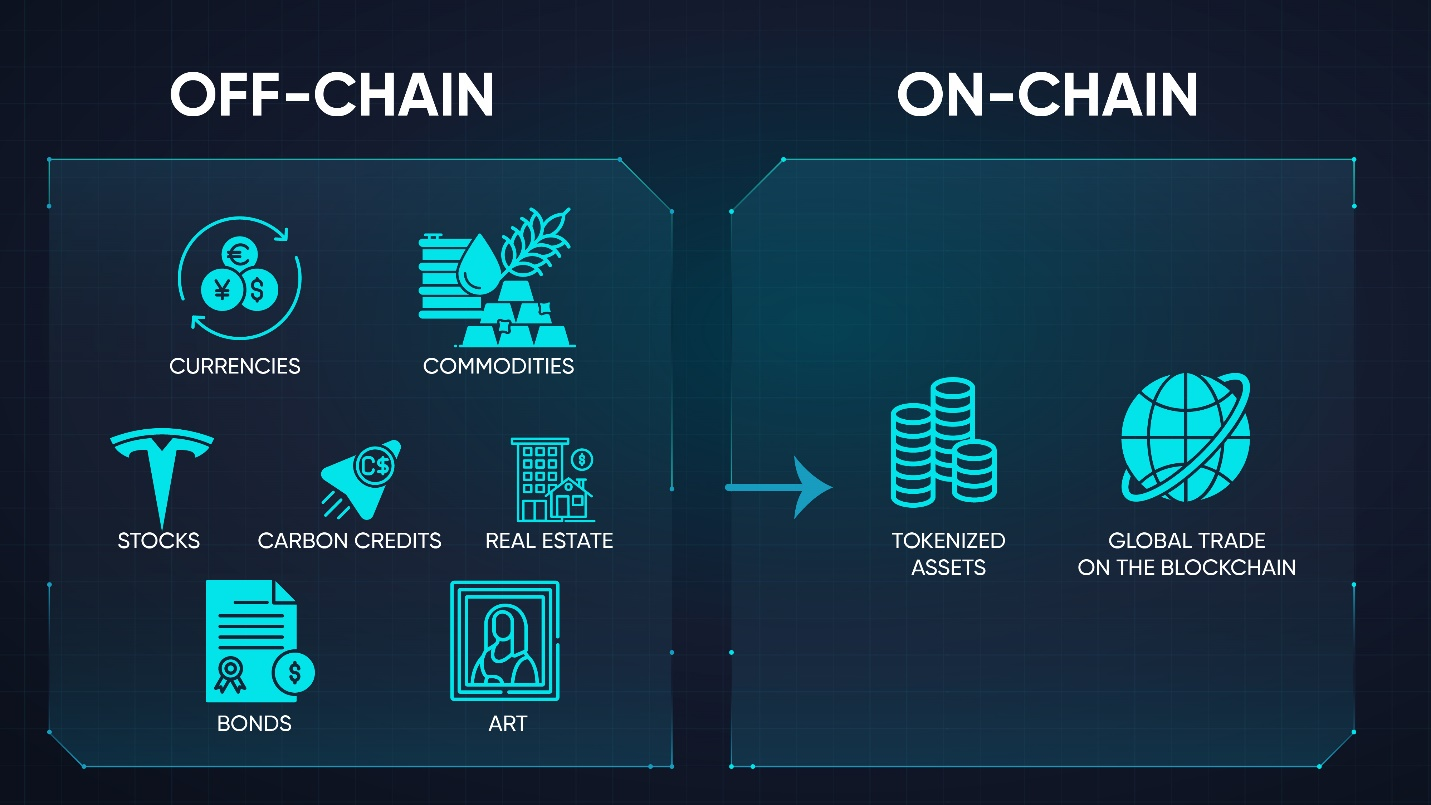
Through the work of RWA tokenization investment consultants, tokenized commodities become accessible to a broader audience, supporting liquidity for digital asset portfolios and making traditionally illiquid assets as manageable as liquid assets in the portfolio.

2. Diversification for Risk Management
One of the key benefits of tokenized commodities is their ability to serve as a hedge against the volatility often associated with digital assets like cryptocurrencies. While cryptocurrencies are known for rapid price fluctuations, commodities like gold and oil exhibit more predictable market behavior, particularly during economic downturns. Including tokenized commodities in a digital asset portfolio helps balance risk and reduce exposure to crypto market instability.
- Hedging with Stable Assets:Commodities like gold, often termed “safe-haven assets,” retain their value better during financial market volatility. By tokenizing such commodities, investors can incorporate them into digital portfolios, creating a counterweight to more volatile assets. This strategy helps reduce overall portfolio risk, especially for investors who may not have direct access to traditional hedging instruments.
- Sector-Specific Diversification:Tokenization enables access to a diverse array of commodities, such as metals, energy resources, and agricultural products. For instance, while gold serves as a strong inflation hedge, oil prices often correlate with industrial demand and geopolitical events. Diversifying across commodities provides investors with exposure to different economic sectors, reducing the risk associated with any single sector or asset type.
- Balancing Cryptocurrency Volatility:For investors heavily weighted in cryptocurrencies, incorporating tokenized commodities provides stability, as the value of commodities often moves independently of cryptocurrency markets. DeFi real world assets investment consultants assist in structuring portfolios that mitigate the erratic price swings common in cryptocurrencies, achieving a balanced portfolio by combining digital currencies with tokenized real assets.
Incorporating tokenized commodities as part of a digital asset consulting strategy allows investors to achieve a level of risk management that was previously challenging within the volatile digital economy.
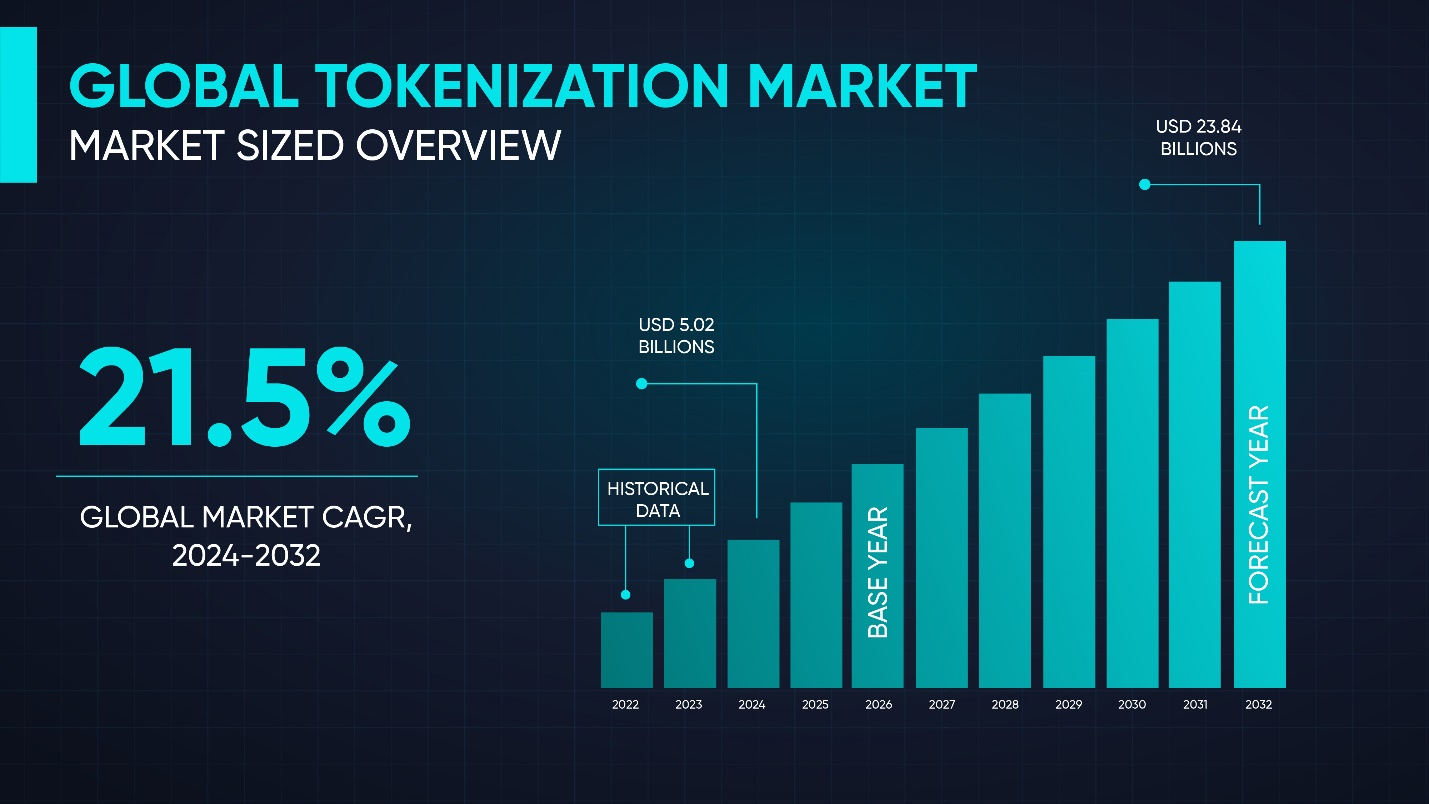
3. Accessible Investment Options
Tokenized commodities broaden the scope of altcoin investment options, offering exposure to commodities without the intricacies of traditional commodity trading. Tokenization removes barriers to entry, allowing a new class of investors—from large institutions to individual retail investors—to gain exposure to commodity markets.
- Lower Barriers for New Investors:Traditional commodity investments require specialized knowledge, significant capital, and often involve complex logistics, such as storage for physical assets. With tokenized commodities, investors can access the commodities market through a digital interface, bypassing logistical hurdles and enabling them to allocate smaller capital toward fractional investments in commodities like gold, oil, or agriculture.
- Institutional Access and Customizable Portfolios:Tokenized assets are especially attractive to institutional investors and hedge funds that are increasingly seeking exposure to diversified asset classes. By using digital asset investment solutions, institutions can seamlessly integrate tokenized commodities into their portfolios, reducing the need for extensive infrastructure or commodity-specific knowledge.
- Democratization for Retail Investors:Tokenization enables individual investors to access a market traditionally reserved for larger players. Small-scale investors can purchase tokens representing fractions of real-world commodities, adding diversification to their portfolios without requiring significant capital or commodity knowledge. Digital asset consulting for startups guides these emerging investors, helping them navigate the tokenization process and safely access the benefits of commodity-backed assets.
- Emerging Global Participation:Tokenization opens commodities to global investors, transcending geographical barriers and making commodity trading accessible to those in regions where physical commodity markets might be underdeveloped or inaccessible. By leveraging blockchain, tokenized assets democratize access, allowing individuals in different regions to invest in commodities that would otherwise be out of reach.
Through the guidance of blockchain and digital asset consulting firms, investors gain access to cryptocurrency investment solutions that integrate commodity-backed tokens, expanding investment options and allowing new participants to take part in the global commodities market. This increased accessibility benefits both investors and markets, fostering liquidity and broadening the base of active participants in commodities trading.
Key Strategies for Incorporating Tokenized Commodities
Incorporating tokenized commodities into a portfolio requires a well-structured approach. The following strategies can help optimize portfolio performance:
Evaluating Liquidity
A major challenge for tokenized commodities is that their liquidity can vary significantly based on demand and market maturity. Consulting a digital asset management consultant with education in investment analysis and portfolio management can assist in assessing the liquidity profile of these assets.
Diversifying Across Commodities
Diversification is essential to reduce the impact of market fluctuations on a portfolio. Commodities like gold and silver, often termed “safe-haven assets,” are stable relative to other assets, while commodities like oil and agricultural products tend to be more volatile. A portfolio management consultant can offer guidance on balancing high-risk assets with more stable options.
Assessing the Regulatory Environment
In many regions, tokenized assets are subject to rigorous regulations, making it crucial to work with resources in digital asset consulting for compliance. Security tokens investment consultants can provide insights into the legal landscape, helping investors mitigate potential compliance risks.
Implementing Hedging Mechanisms
Hedging allows investors to offset potential losses. Tokenized commodities offer a natural hedge against inflation and fiat currency devaluation, and crypto investment companies often recommend hedging to counterbalance volatility in cryptocurrency markets.
Managing Liquidity and Volatility in Tokenized Commodity Markets
Navigating the unique dynamics of tokenized commodity markets requires investors to be vigilant about liquidity and volatility risks. As with traditional commodities, tokenized assets can be susceptible to market fluctuations, limited liquidity, and economic factors, which makes effective management essential for stability and growth. Below are several tactics investors can consider for mitigating risks and enhancing resilience in this emerging market.
1. Stablecoins for Investment
Stablecoins—cryptocurrencies pegged to fiat currencies or stable assets—provide a valuable buffer against the high volatility common in both cryptocurrency and tokenized commodity markets. Due to their stable value, stablecoins can act as a liquidity source within a tokenized commodities portfolio, providing a safe harbor during periods of extreme volatility.
- Liquidity Buffer:Stablecoins such as USDT, USDC, and DAI maintain a value close to a fiat currency (typically the USD), making them ideal for offsetting risks when tokenized commodity prices fluctuate. In the event of a sharp decline in the price of a tokenized commodity, an investor can quickly convert assets to stablecoins to prevent further losses. This is particularly useful during market corrections, where a stable asset can act as a temporary haven before reinvesting once the market stabilizes.
- Exit Strategy During Volatility:In periods of high market volatility, stablecoins offer an efficient exit route. Investors can convert tokenized commodities to stablecoins without converting to fiat currencies, minimizing transaction costs and bypassing the delays typically associated with traditional markets. For instance, in the event of a sudden drop in oil prices, an investor might choose to convert their tokenized oil holdings into a stablecoin temporarily.
- Strategic Incorporation:A Stablecoin investment consultant can help investors incorporate stablecoins strategically within their tokenized commodity portfolios. This approach enhances both liquidity and stability, allowing for smoother transitions between volatile assets and more stable reserves. Additionally, stablecoins provide a degree of predictability that can offset the inherent risks associated with more volatile assets, helping to preserve the overall value of the portfolio in uncertain markets.
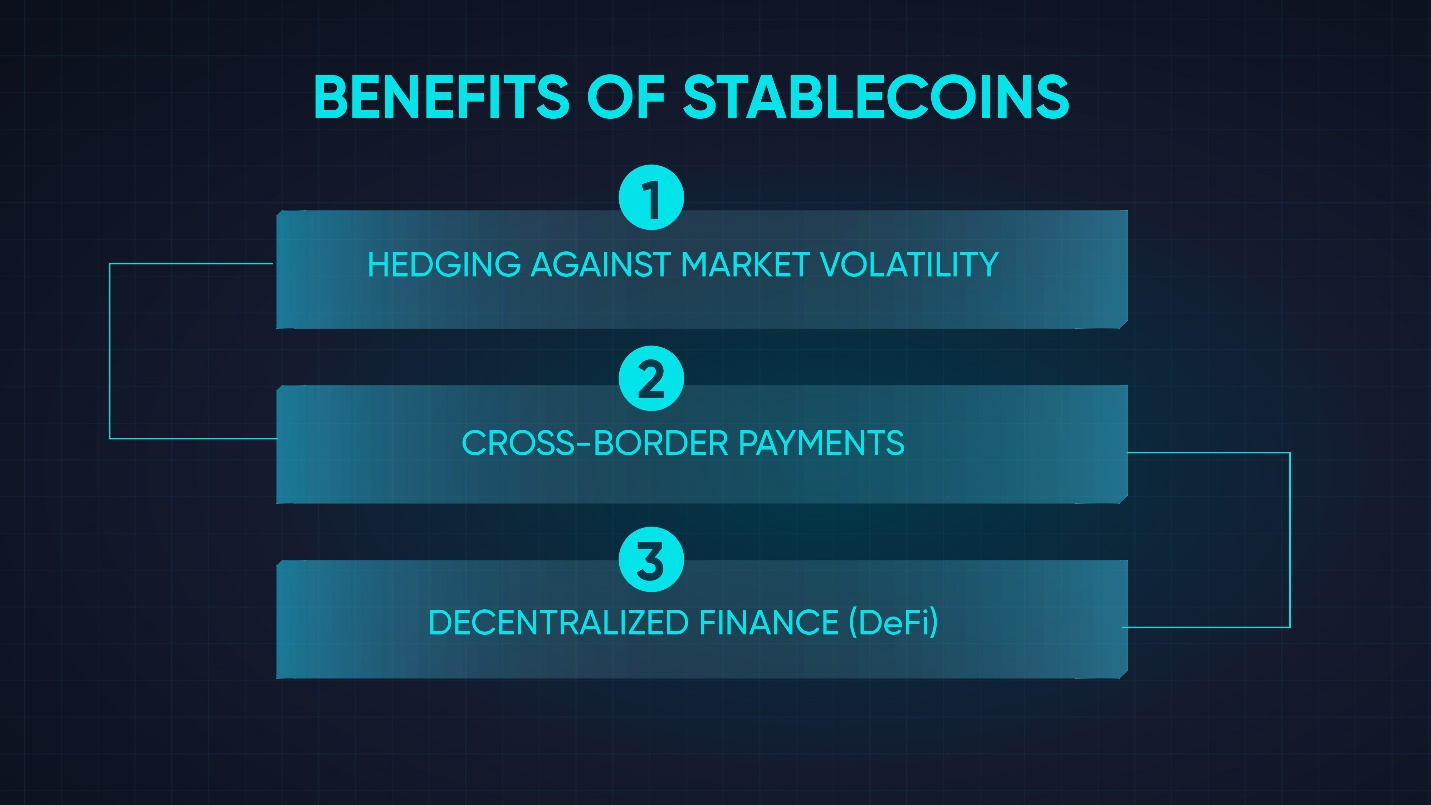
2. Working with Real Asset Tokenization Consultants
Navigating the complexities of tokenized commodities markets requires experience, especially in early-stage markets where demand, regulation, and liquidity can fluctuate widely. Real asset tokenization investment consultants provide essential guidance in these areas, offering investors insights into best practices for maintaining liquidity, adhering to regulatory standards, and managing risks effectively.
- Advising on Market Entry and Timing:Real asset tokenization consultants help investors understand market timing, such as when to enter or exit certain commodity markets. They can analyze market conditions, assess demand for specific tokenized commodities, and advise on appropriate entry points, which can significantly impact the liquidity and profitability of an investment.
- Risk Assessment and Compliance Management:Tokenized commodity markets often face unique regulatory requirements, and real asset tokenization consultants play a critical role in helping investors navigate these complexities. For example, regulatory standards may vary depending on the type of commodity, jurisdiction, and trading platform. Consultants help ensure compliance with securities laws, avoiding fines and legal complications, and protecting investors from potential losses.
- Liquidity Management Strategies:Given the illiquid nature of certain commodities, such as real estate or rare metals, these consultants can advise on liquidity-enhancing strategies. For instance, they may suggest investing in tokenized assets that have fractional ownership options or are more widely traded, thus improving the asset’s resale potential and liquidity.
By working with real world assets on-chain investment consultants, investors benefit from a wealth of industry knowledge, practical experience, and strategic advice tailored to the evolving landscape of tokenized commodities, ensuring they can capitalize on new opportunities while minimizing exposure to risk.
3. Incorporating Security Tokens
Security tokens, which represent tokenized assets in compliance with securities regulations, bring additional stability and oversight to digital portfolios. Unlike other digital assets, security tokens are closely regulated and monitored, making them a valuable tool for risk-averse investors interested in tokenized commodities.
- Compliance and Oversight:Security tokens are designed to comply with securities regulations, ensuring that investors can buy, sell, and hold these assets with confidence. They often come with built-in regulatory compliance measures, such as restrictions on transferability and ownership limits, which help prevent the kind of market manipulation and fraud that can sometimes plague less regulated assets.
- Broader Market Access with Reduced Risk:For commodities like oil, precious metals, or even agricultural products, security tokens provide a structured way to access these markets with reduced risk. Blockchain and digital asset consulting firms focus increasingly on integrating security tokens, recognizing their potential to attract a wider range of investors, including institutional players who may be hesitant to enter the digital asset space due to regulatory concerns.
- Examples of Security Token Success Stories:Companies like tZERO and Polymath have already paved the way for security tokens in the market, helping tokenize real estate and other traditionally illiquid assets with the security of regulatory oversight. This success has helped draw more attention to security tokens in the commodities market, which could include assets such as tokenized mining rights or agricultural goods.
Through the guidance of security tokens investment consultants, investors can diversify into tokenized commodities with the assurance that their investments adhere to regulatory standards, providing a stable foundation for building a compliant and robust digital portfolio.
4. Monitoring Market Sentiment and Global Economic Factors
The performance of tokenized commodities is influenced by a range of economic factors, from inflation and currency devaluation to supply chain disruptions and geopolitical events. By monitoring these factors and staying attuned to market sentiment, investors can make more informed decisions about their tokenized commodity holdings.
- Inflation and Currency Devaluation Impact:Commodities like gold and oil have historically acted as hedges against inflation. For example, when inflation rises, the price of gold tends to increase as investors seek a safe haven, and tokenized gold can serve the same purpose in a digital asset portfolio. In contrast, currency devaluation often impacts commodities priced in that currency, making global commodity markets particularly sensitive to exchange rates.
- Supply Chain and Geopolitical Events:Disruptions in global supply chains, such as those caused by trade wars, natural disasters, or geopolitical tensions, can lead to price volatility in commodities like oil or wheat. For example, a disruption in Middle Eastern oil production due to political instability could spike oil prices, affecting tokenized oil holdings. A global digital asset consulting firm can provide insights into how these events impact specific commodity prices, helping investors decide when to buy, sell, or hold.
- Sentiment Analysis and Market Psychology:In addition to economic indicators, understanding market sentiment is crucial in commodities trading. Sentiment analysis tools—often driven by AI and machine learning—help gauge public opinion and investor confidence in a particular commodity. For instance, if sentiment is high around green energy investments, tokenized assets related to renewable energy commodities may see increased demand and value. Consulting firms specializing in digital assets consulting can offer sentiment analysis as part of a broader market strategy.
The Impact of Tokenized Commodities on Digital Asset Portfolios
Increased Portfolio Stability
Commodities are generally less volatile than cryptocurrencies, making them a valuable addition to digital portfolios. A digital asset portfolio management strategy that includes tokenized commodities can help reduce the overall risk of a digital portfolio.
Reduced Correlation with Traditional Markets
Tokenized commodities can act as a safeguard against the downturns often seen in the traditional stock market. By including real-world assets, crypto investment firms add a new level of resilience to portfolios, especially during periods of economic uncertainty.
Flexibility for Diverse Investor Profiles
By offering fractional ownership, tokenized commodities open doors for investors who may not have the capital for full-scale commodity investments. Digital asset consulting for startups and smaller investors provides guidance on accessing this asset class without the barriers previously associated with commodity trading.
Portfolio Diversification with Tokenized Commodities
The modern digital asset investor is interested in diversifying across asset classes, from cryptocurrencies to Stablecoins for investment to tokenized commodities. Commodities like gold and oil serve as a counterbalance to highly speculative assets, adding a layer of security to digital asset portfolios. With the help of blockchain asset consulting services, investors can explore commodities that may align with their investment goals, risk tolerance, and liquidity needs.
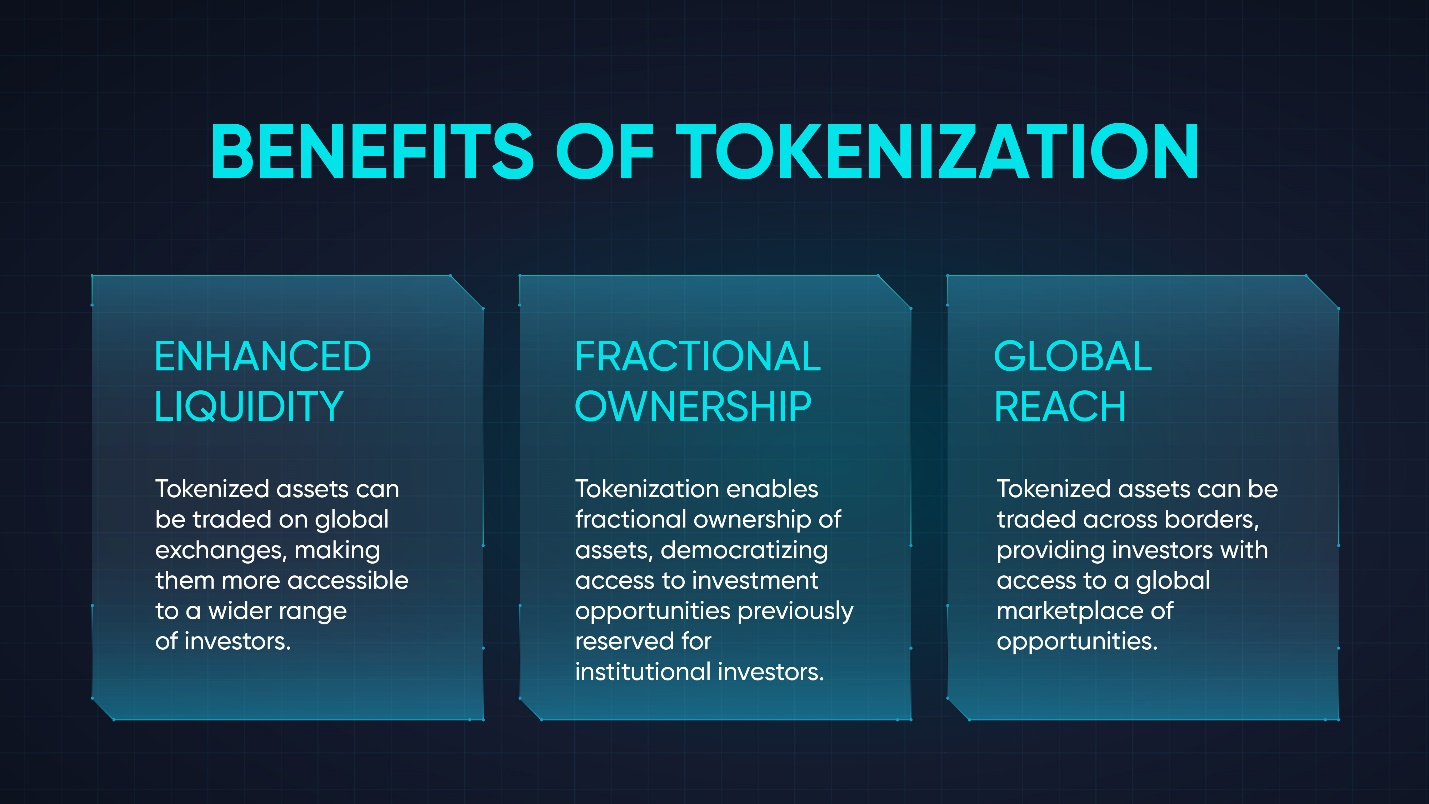
Future Trends and Considerations in Tokenized Commodities
Integration with DeFi Platforms
DeFi (Decentralized Finance) is expanding its focus to incorporate RWAs, leading to a new wave of DeFi finance consulting services. By integrating tokenized commodities with DeFi protocols, investors may benefit from decentralized lending and borrowing against these assets, amplifying their portfolio flexibility.
Increased Demand for Blockchain Consultants
As tokenized commodities become more prominent, the demand for digital asset strategy consulting firms and blockchain asset investments consultants will rise. These consultants are crucial for navigating the complexities of RWA tokenization and ensuring compliance, especially as global regulatory environments evolve.
Growth of RWA Tokens on DeFi Platforms
RWA tokens are gaining traction on DeFi platforms, with real world DeFi investment consultants predicting steady growth in this sector. Investors can expect more platforms to support commodities, providing even greater options for portfolio diversification.
Interest from Institutional Investors
Hedge funds and other institutional investors are beginning to explore tokenized commodities as a viable investment avenue. The appeal lies in the diversification and liquidity benefits these assets provide. Hedge fund investment companies are likely to play a significant role in popularizing tokenized commodities, driving demand and innovation in this market.
The Role of Consulting Firms in Tokenized Commodity Investments
Consulting firms that specialize in digital asset investment solutions and digital asset management companies are essential for navigating this complex landscape. By offering their knowledge in portfolio management, regulatory compliance, and market analysis, these firms provide valuable insights for investors entering the tokenized commodity space.
Whether working with a digital asset consulting for compliance or a real world asset consultant, investors benefit from specialized knowledge tailored to this emerging asset class. These firms can help design strategies that align with an investor’s risk tolerance, time horizon, and liquidity needs, enhancing the overall effectiveness of digital asset portfolios.
Conclusion
The integration of tokenized commodities into digital asset portfolios represents a powerful shift, bringing stability, liquidity, and diversification to the volatile world of digital assets. By working with resources in digital assets consulting and portfolio management consulting, investors can optimize their portfolios, taking advantage of the unique benefits tokenized commodities offer.
As digital asset strategy consulting firms and crypto investment companies continue to innovate, tokenized commodities are poised to become an integral part of a diversified digital asset portfolio. With the guidance of industry resources, investors can harness the potential of real-world assets on-chain investment consultants and RWA DeFi investment consultants to build resilient portfolios that navigate both market opportunities and challenges in the evolving digital economy.
Take Charge of Your Financial Knowledge Today
At Kenson Investments, we’re here to empower you with clear, valuable insights into the world of investments. Whether you’re new to financial concepts or looking to deepen your understanding, our educational resources are designed to guide you through the essentials. Discover how Kenson Investments can help you learn more with confidence—start learning today!
Disclaimer: The information provided on this page is for educational and informational purposes only and should not be construed as financial advice. Crypto currency assets involve inherent risks, and past performance is not indicative of future results. Always conduct thorough research and consult with a qualified financial advisor before making investment decisions.
“The crypto currency and digital asset space is an emerging asset class that has not yet been regulated by the SEC and US Federal Government. None of the information provided by Kenson LLC should be considered as financial investment advice. Please consult your Registered Financial Advisor for guidance. Kenson LLC does not offer any products regulated by the SEC including, equities, registered securities, ETFs, stocks, bonds, or equivalents”














